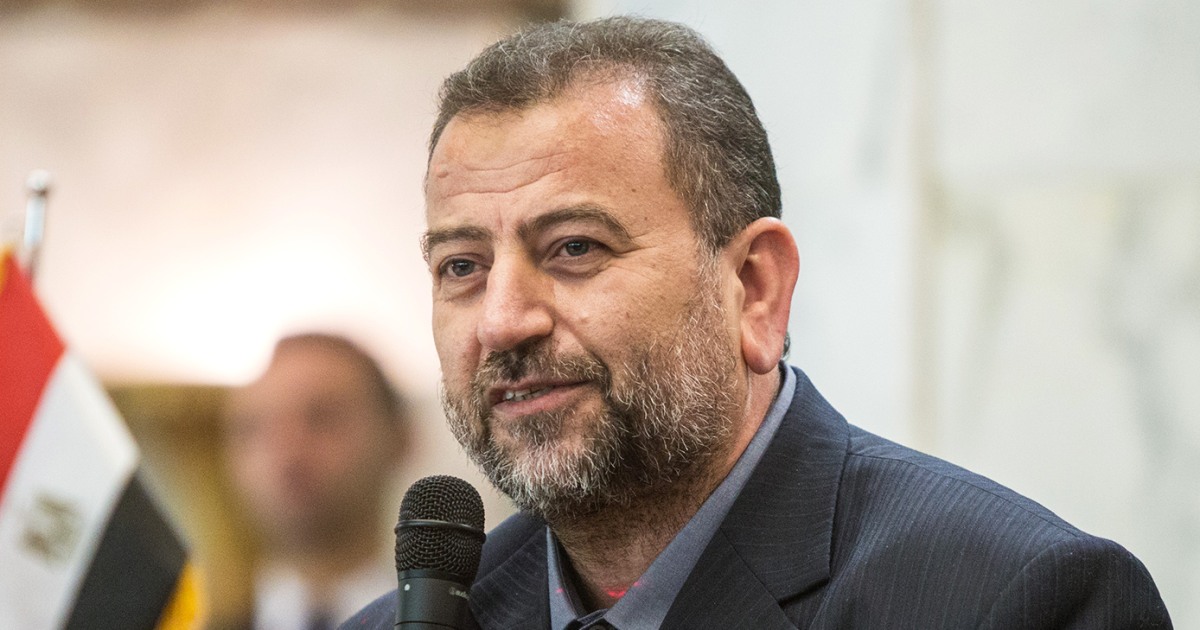
Levitt was the deputy assistant secretary for intelligence and analysis at the Treasury Department from 2005 to 2007 and a counterterrorism adviser at the State Department.
Lebanese officials, Hamas and the Lebanese-based militant group Hezbollah all laid blame for the strike on Israel. Israeli officials declined to comment.
Israel will be braced for retaliation from Hezbollah, which is backed by the Iranian regime, but it most likely concluded removing al-Arouri was worth the risk, Levitt said.
“They didn’t just kill some random Hamas leader, someone who just speaks in front of a camera. They actually took out someone who was operationally important,” he said.
Hezbollah leader Sayyed Hassan Nasrallah has vowed to retaliate against any Israeli targeting of Palestinian officials in Lebanon.
Mark Regev, an adviser to Israeli Prime Minister Benjamin Netanyahu, told NBC News that Israel has not taken responsibility for the strike.
Regev did not deny nor confirm whether Israel authorized the strike but said it was a “surgical” hit on Hamas, rather than an attack on Lebanon.
The CIA declined to comment.
“The killing of Al-Arouri is a shot across the bow not just to Hamas, but to Iran. Al-Arouri was known to be close with the leadership in Tehran,” said Colin Clarke, the director of research at the Soufan Center, a U.S.-based nonprofit organization focusing on global security issues.
“It’s also a signal that Israel will seek to hunt down and eliminate Hamas leadership anywhere they are, not just in Gaza, but in the region and further afield, as well. This is putting other senior Hamas officials on notice,” he said.
Al-Arouri, who grew up in the occupied West Bank and had been involved in Hamas for decades, had operated a joint war room with Iran since the war began in October and was seen as a rival to the commander of Hamas in Gaza, Yahya Sinwar, according to Levitt.
The civil war in Syria caused a rift between Hamas, which favored Sunni rebels fighting the regime of Bashar al-Assad, and Iran, which came to the aid of the regime. But al-Arouri sought to patch over differences with Tehran, experts say.
Israel has a history of hunting down its enemies, including Hamas leaders. In August, Netanyahu had suggested al-Arouri was a potential target along with other Hamas leaders, saying al-Arouri “knows very well why he and his friends are in hiding.”
The day before, al-Arouri had warned in an interview with a Lebanese media outlet that the Israeli government’s decisions would lead to a “multifront” conflict.
“Those who seek targeted assassinations understand that a multifront war is coming. When we reach it, Israel will suffer a huge loss,” Al-Arouri told the Lebanese Al Mayadeen news channel.
In a 2003 U.S. federal racketeering case, the Justice Department named al-Arouri as an unindicted co-conspirator and described him as a senior Hamas figure who had access to tens of thousands of dollars for terrorist operations.
He was detained several times by Israeli authorities, including in 2007. But he was freed in 2011 with more than 1,000 Palestinian prisoners in an exchange for an Israeli soldier captured by Hamas in 2006.
In 2018, the State Department offered a $5 million bounty for information about al-Arouri through its Rewards for Justice program. At the time, the State Department said he had reportedly worked with Qassem Soleimani, who was then the leader of Iran’s Islamic Revolutionary Guard Corps’ Quds Force. Soleimani was killed in a U.S. drone strike in Iraq in January 2020.
Al-Arouri also announced in 2014 that Hamas claimed responsibility for an attack involving the kidnappings and killings of three Israeli teenagers, including a dual U.S.-Israel citizen, Naftali Fraenkel, according to the State Department.

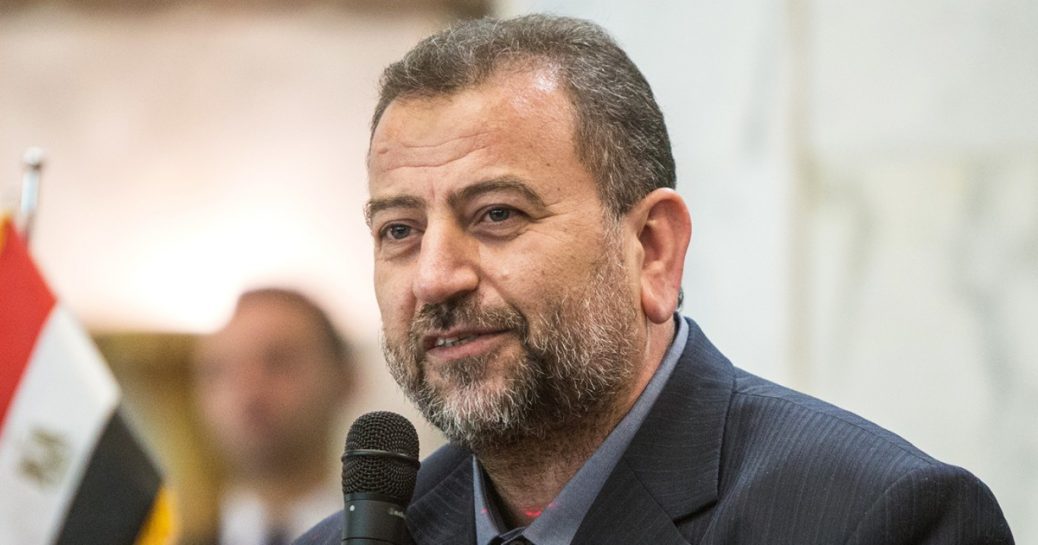

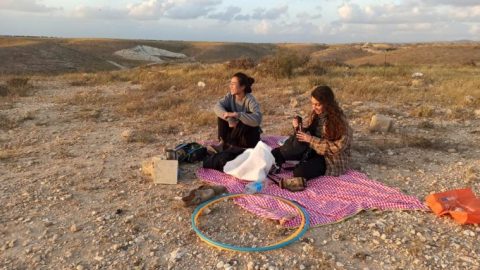



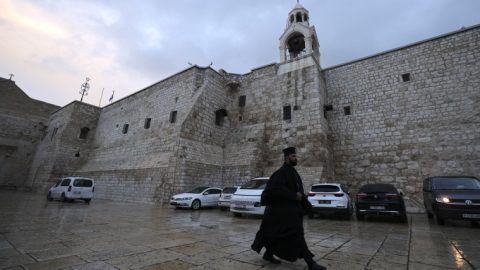
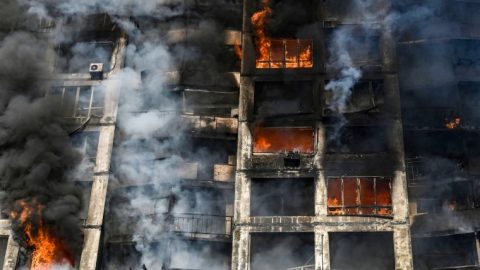

Recent Comments